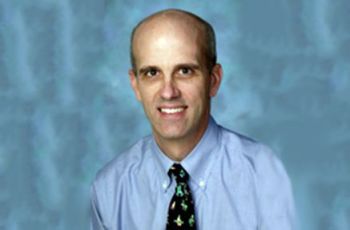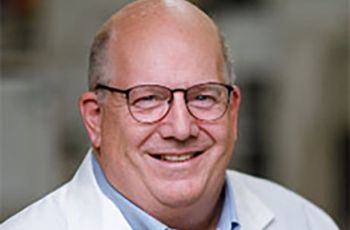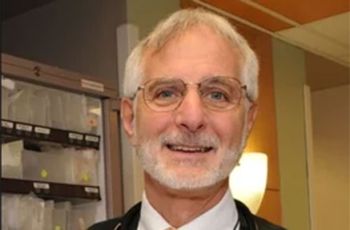Pediatrics
Linda Fu, MD, associate professor of pediatrics, spoke to Reuters for an article about the HPV vaccine's role in preventing cancer rather than preventing other sexually transmitted infections. This was also covered by Business Insider and the Deccan Chronicle.
Olanrewaju Falusi, MD, assistant professor of pediatrics, spoke to The Washington Post for an article discussing the role that fear has on the health of immigrant families.
Shireen Atabaki, MD, MPH, associate professor of pediatrics, was featured in an article by Washington Life Magazine highlighting her research on pediatric concussions.
Stephen Teach, MD, MPH, chair for the Department of Pediatrics and professor of pediatrics and of emergency medicine, spoke to The Washington Post for an article discussing how hospitals treat asthma. This story was also covered by the Chicago Tribune and Nonprofit Quarterly.
Daniel Lewin, PhD, associate professor of psychiatry and behavioral sciences and of pediatrics, spoke to Offspring for an article discussing sleep regression in infants.
Neuroscientists from SMHS, the Columbian College of Arts and Sciences, and the Milken Institute School of Public Health will participate at Neuroscience 2017.
Maureen Monaghan, PhD, assistant professor of psychiatry and behavioral sciences and of pediatrics, spoke to U.S. News & World Report for an article discussing a study that used an online game to help patients better control their blood sugar.
Lee Beers, MD, associate professor of pediatrics, spoke to KGO-TV (San Francisco) for an article about how to talk with children about the mass shooting in a Texas church.
Marshall Summar, MD, professor of pediatrics, spoke to Huntington's Disease News for an article discussing the Rare Disease Institute at Children's National Health System partnering with the National Organization for Rare Disorders to become a "center of excellence," caring for patients with rare…
David Steinhorn, MD, professor of pediatrics, spoke to Wired for an article discussing the expansion of telemedicine and how medical professionals are adapting to it.





